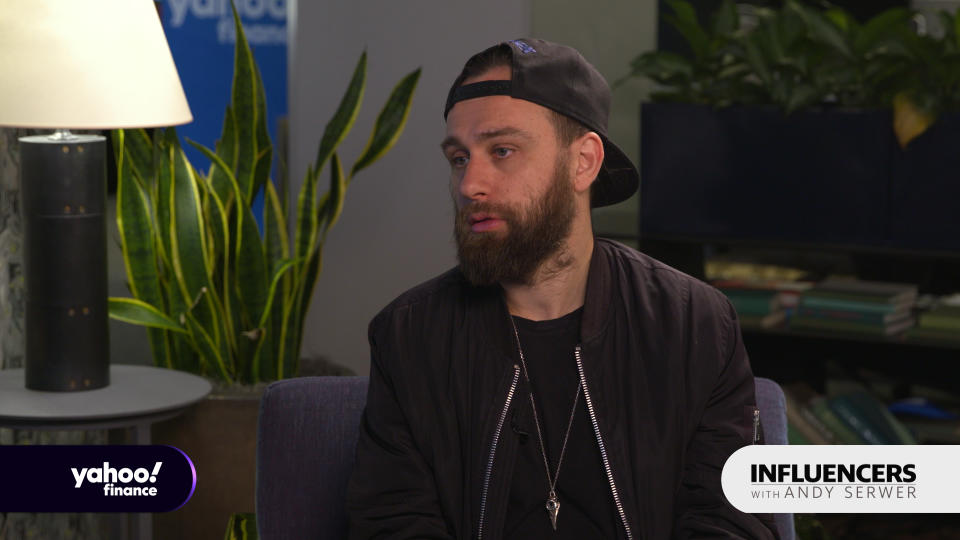Facebook, Google, and Amazon have characteristics of 'monopolies,' says Finder.com co-founder
The market power of tech giants Facebook (FB), Google (GOOG, GOOGL), and Amazon (AMZN) has raised concerns in Washington D.C. about potential monopolies, but many in the business community stop short of saying it — that rule doesn’t apply to Fred Schebesta, 38, the co-founder of an Australia-based comparison shopping website called Finder.com.
“Those organizations have large customer bases, big moats, incredible network effects, strong brands,” says Schebesta, in a newly released interview taped on March 2. “Those are things which create monopolies.”
“I know that word is quite a spicy word, but it's a fact,” adds Schebesta, who says his comparison site will bring in $100 million in revenue this year, and collaborates with Amazon as well as “pretty much all companies” because it directs shoppers to their products.
“They're our clients because we obviously aggregate and compare them, and then we send them customers that are ready to buy,” he says.
In June, the Department of Justice and the Federal Trade Commission reportedly agreed to divvy up responsibility for investigating each of the big four tech companies. The Department of Justice would investigate Google and Apple (AAPL), while the Federal Trade Commission would probe Facebook and Amazon.
The U.S. House, also last year, opened a wide ranging probe into the market power of the big tech companies. At a hearing related to that inquiry in January, executives from small tech companies accused their bigger peers — Google, Apple, Amazon, and Facebook — of unfairly leveraging control of the sector.
Schebesta echoed their sentiment about the market position of the big tech giants.
“These big platforms, they’re really powerful now,” he says.
In an annual letter to stock holders last April, Amazon CEO Jeff Bezos responded to such criticism, saying that third-party sellers benefit from the platform and the company’s retail business is a fraction of that overall market. “There are much larger retailers in every country where we operate,” he wrote.
Apple CEO Tim Cook has also responded to attacks over its market power, telling German magazine Stern last October that "no reasonable person would ever call Apple a monopolist." In the interview, he drew a parallel between the app store and a supermarket, which offers both house-branded and third party products.
Meanwhile, Facebook’s head of global policy development Matt Perault addressed antitrust concerns last July, calling the company “an American success story” and saying it faces sufficient competition in the sectors in which it does business.
Schebesta made the remarks during a conversation that aired in an episode of Yahoo Finance’s “Influencers with Andy Serwer,” a weekly interview series with leaders in business, politics, and entertainment.
In 2006, at age 26, Schebesta founded Finder.com, a comparison shopping website that now operates in 83 countries and employs 310 people full-time, Schebesta says. Last October, the Australian Financial Review ranked Schebesta — who lives in Sydney — as the 22nd richest Australian under 40 years old, with a net worth of $193 million.

While he lamented the size of big tech companies, Schebesta said they may contract naturally.
“My contention would be that over time, you'll see them splintering off,” he says. “Little verticals of them will start to pare away, because they'd be better services that will actually, end to end, deliver not just the generic service, but a very focused and specialized service.”
The power dynamic within the tech industry is more fluid than some may realize, he said.
“In terms of power on the internet and in any technology, it shifts and it moves — it ebbs and it flows,” he says.
Read more:


